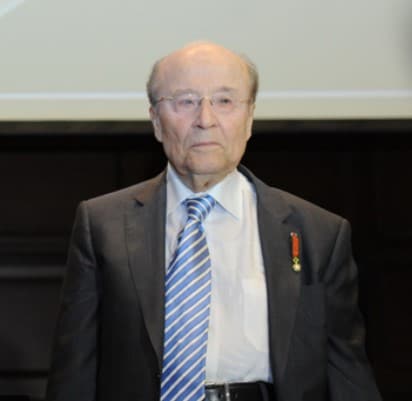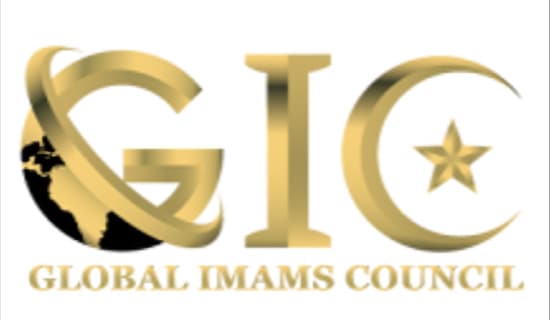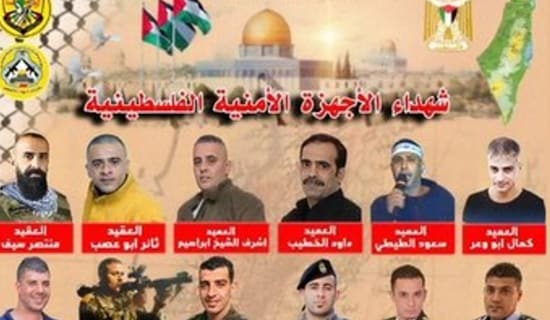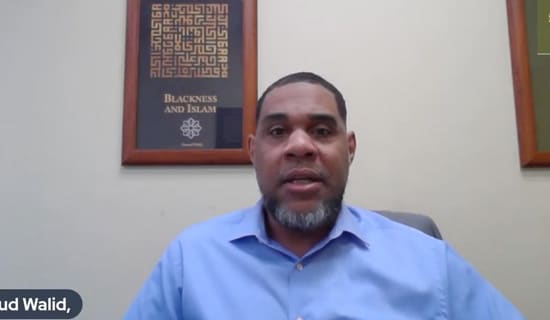In his July 15, 2019 column in the Lebanese daily Al-Nahhar, Emile Khoury wrote that the sanctions recently imposed by the U.S. on two Hizbullah MPs, Amin Sherri and Muhammad Ra'e, and on Hizbullah security official Wafiq Safa, were directed more at the Lebanese government than at Hizbullah itself. The sanctions, he elaborated, are intended to pressure the Lebanese government to decide whether it means to disarm Hizbullah and thereby fulfill its promise to maintain a strong state with a single source of authority and a single armed force, or else to remain weak by allowing Hizbullah to keep its arms, which will prevent friendly countries from providing Lebanon with the economic aid that is so vital for its rehabilitation.
Khoury noted further that, in 2016, Lebanon's allies agreed to the arrangement whereby Michelle 'Aoun was appointed president and Sa'd Al-Hariri was appointed prime minister because they believed these figures would be able to subordinate Hizbullah's weapons to the state. But considering that this goal has not been achieved, perhaps it is time to reassess this arrangement, he said.
The following are excerpts from Khoury's column:

Emile Khoury (Source: Ghalboun.gov.lb)
SUPPORT OUR WORK

"The U.S. sanctions on two Hizbullah MPs and a Hizbullah security official are not a message to Hizbullah, since it has already received many such messages. They are a message to the Lebanese government that it must decide whether it supports [the principle of] a state in which no [element] has weapons except the state, as it once promised, or whether it supports [the principle of] a state that permits within it the existence of another [element] with weapons – which will make friendly and sister states take a [negative] position against it...
"The arrangement regarding the [Lebanese] president and prime minister [arrived at in 2016 and still in force today] was aimed not only at bringing Michel 'Aoun to the presidency and Sa'd Al-Hariri to the premiership, but also at giving this government with two leaders the power to establish a state with a single government and a single armed [force, i.e., the Lebanese Army] – bringing even those who were displeased with this to accept it.
"The hope of establishing a state with a single government and a single armed [force in Lebanon] evaporated when President Michel 'Aoun [made statements] linking the solution to the problem of Hizbullah's weapons with the solution to the regional problem and the removal of Israel's threat to Lebanon. This distanced the option of calling for dialogue to arrive at a consensus on defense strategy that will control Hizbullah's weapons and its use of them. [President] 'Aoun promised to call for such a dialogue after the parliamentary elections, and this is what the friendly and sister states had hoped would happen from the moment he became president. But here we are, halfway into his term, and [Lebanon] is still not a strong state, and Hizbullah's weapons have not come under the control of the state in order to make the latter the sole decision-maker – particularly in matters of war and peace. [The friendly states expect] this to happen, so that, if Lebanon receives monetary aid for development in all areas, [these funds] will go to this hoped-for [strong] state, [rather than to Hizbullah].
"Therefore, it can be said that the sanctions against the two Hizbullah MPs and one Hizbullah security official are not aimed at their assets in Lebanon or outside it, but actually at pushing the Lebanese government into a corner with regard to making a decision. Either it chooses to have a single powerful state with sole possession of weapons, without linking this to impossible conditions, or else to [allow] Hizbullah's weapons, in whose shadow this [strong] state will not be able to exist. [It is important to keep in mind that friendly states] do not provide monetary aid to a state with no government.
"The sister and friendly states who mobilized in support of the presidency and premiership arrangement agreed to accept [this arrangement] because they believed that no one was more capable than 'Aoun of creating a strong state and of bringing Hizbullah's weapons under its control... because he has Hizbullah's trust. If that is the case, then why hasn't this [strong] state materialized? Is it because President 'Aoun can do this but doesn't want to, or because he wants to but cannot? In [either] case, the arrangement that led to choosing two strong leaders – the president ['Aoun] and the prime minister [Al-Hariri] – is meaningless, and there is no choice but to reassess it. This is particularly so at a time when the U.S. is clashing with Iran and using political, military, economic, and financial pressure against it – because an Iranian military wing [i.e. Hizbullah] cannot be left to actively destabilize and undermine peace in the region or outside of it...
"The question now is... what option will the Lebanese government choose? [Its choice] will determine how the sister and friendly states will proceed. Will [the Lebanese government] decide to have one single strong state which is the exclusive [authority] in all areas of Lebanon and the only one with weapons – so that it will receive monetary aid allowing it to move Lebanon ahead in all areas? Or will it be unable, for various reasons, to maintain a single state like this – and then Lebanon will not receive the aid it so badly needs and will collapse in the resulting economic and financial disaster. This, after it has already been rescued from security and political disaster by the international umbrella protecting it from this fall."[1]
[1] Al-Nahhar (Lebanon), July 15, 2019.




